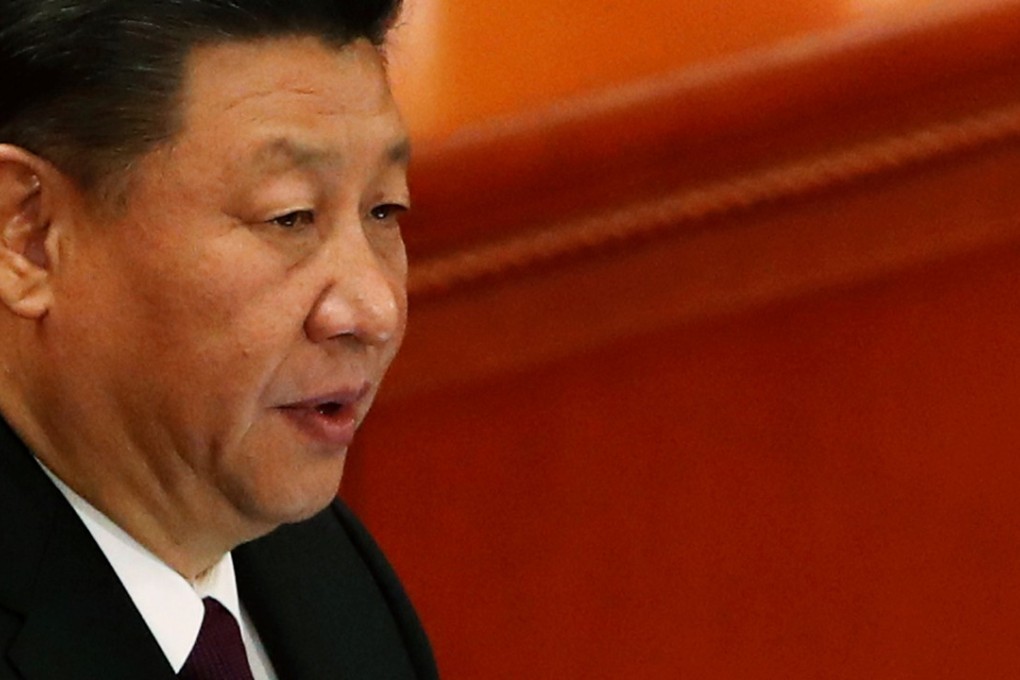Xi Jinping vows to strengthen national identity and patriotism in Hong Kong and Macau
In closing speech at NPC’s annual congress, Chinese president pledges to support integration of both cities into national development strategies

President Xi Jinping on Tuesday vowed to strengthen the national identity and patriotism of the people of Hong Kong and Macau, as Beijing implements its “one country, two systems” governing principle in the two cities “comprehensively and accurately”.
Premier Li Keqiang said separately that Beijing would observe one country, two systems when implementing the bay area plan so that Guangdong, Hong Kong and Macau could benefit each other with their own unique strengths.
Six key points from Xi Jinping’s speech wrapping up China’s national congress
The president also identified economic reforms, governance, culture, livelihood and the environment as five key policy areas that the central government needed to work on.
Moving on to Hong Kong and Macau, Xi said: “We will comprehensively and accurately implement the principles of ‘one country, two systems’, ‘Hong Kong people governing Hong Kong’, ‘Macau people governing Macau’ and ‘high degree of autonomy’.”
